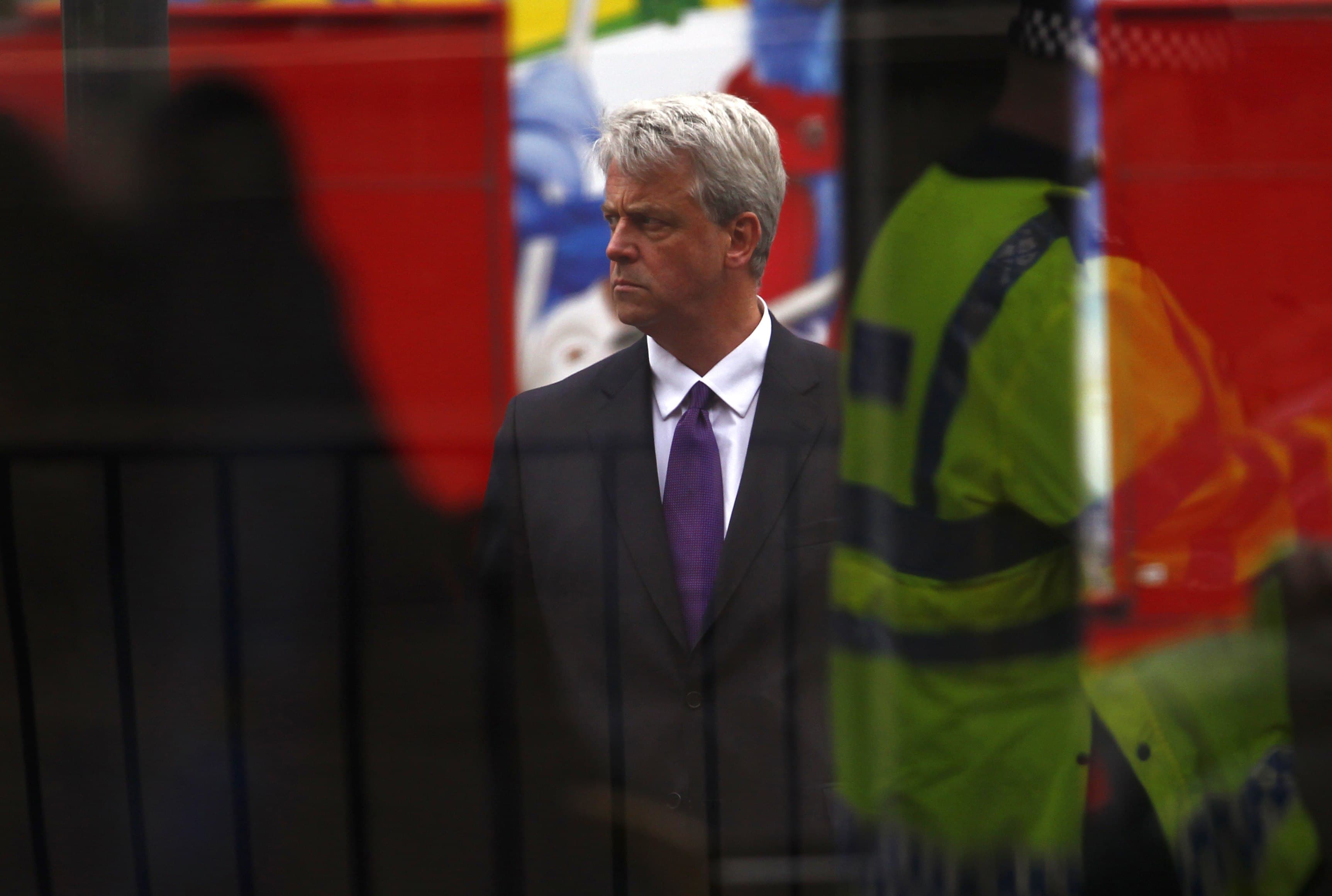The controversial Transparency of Lobbying, Non-party Campaigning and Trade Union Administration Bill passed its second reading on 3 September 2013. The legislation includes a proposal to cap the spending of charities in election years.
The controversial Transparency of Lobbying, Non-party Campaigning and Trade Union Administration Bill passed its second reading on 3 September 2013. The legislation includes a proposal to cap the spending of charities in election years which has been widely criticised, earning it the nickname “the gagging bill”.
Despite the bill passing its second reading by 309 votes to 247, Sky News reported that “the comfortable margin masked significant opposition across parties.”
The Guardian provides a rundown of the key questions related to the bill, including the cause of the controversy: “Charities are unhappy that their political campaigning could fall under restrictions for the first time. Legal advice obtained by the National Council of Voluntary Organisations said it could have a chilling effect. Helen Mountfield QC warns of uncertainty about what the bill means by ‘for political purpose’, saying it could ‘put small organisations and their trustees/directors in fear of ‘criminal penalty if they speak out on matters of public interest and concern’.”
A near-united NGO sector has slammed the proposal. “The Lobbying Bill represents a real threat both to the quality of debate on public policy in this country and charities’ ability to champion the needs of the poor and vulnerable through campaigns such as Make Poverty History,” said Oxfam.
‘What began as a bid to clean up politics and make the process more transparent has ended up as an attempt to restrict people and individuals engaging in politics and exercising their democratic rights of free speech,’ said anti-fascist group HOPE not Hate.
‘The government’s rushing through a new law which, if it passes, will stop us running the type of campaigns which have made us who we are during the year leading up to elections. Put simply, the new rules will make it almost impossible for campaign groups, charities and others to campaign in the way we do during the year before elections,’ said 38degrees.
The National Council for Voluntary Organisations have now written to Chloe Smith, the minister in charge of the bill, outlining their concerns. A coalition of conservative think tanks, including the Adam Smith Institute, Big Brother Watch, Centre for Policy Studies, Institute of Economic Affairs, Taxpayers Alliance have criticised the “significant failings” of the bill: “The lack of clarity in the legislation further exacerbates its complexity, while granting a remarkably broad discretion to the Electoral Commission. The potential tidal wave of bureaucracy could cripple even well-established organisations, while forcing groups to reconsider activity if there is a perceived risk of falling foul of the law. This self-censorship is an inevitable consequence of the bill as it stands.”
Moreover, the Electoral Commission have stated the bill raises “real questions around freedom of speech” reported The Independent. “There may be circumstances where we would need to ask someone to take down a blog or a website or stop a rally from happening. That is a significant intervention for the Electoral Commission to take. [But] the change to our remit does give us greater discretion. That gives us significant concerns.”
The bill has also come in for massive criticism from the opposition, with shadow Commons leader Angela Eagle dubbing it “one of the worst pieces of legislation I’ve seen any government produce in a very long time”, the BBC reported. “It’s a sop to powerful, vested interests; a sinister gag on democratic debate in the run-up to the general election; a shameful abuse of the legislative process to make cheap, partisan points. This is a very bad bill,” she adds.
Independent columnist Owen Jones argues the bill is undemocratic: “Warnings of threats to democracy should be sparingly issued: they contain the risk of undermining an argument through hyperbole, of making us numb to genuine menaces. But be under no illusions: the Government’s catchily titled Transparency of Lobbying, Non-Party Campaigning and Trade Union Administration Bill is an audacious stab at many of our hard-won democratic freedoms.”
Meanwhile, Conservative MP Douglas Carswell adds that the bill does little to tackle the problem of lobbying: ‘My main concern, however, is what is not in this Bill. Big corporate interests serious about changing public policy don’t mainly focus on Parliament. They go up the road to Whitehall. It is there that the nexus of influence between big corporate interests and big government lies. The Bill does little to change any of that, and fails to sort out the revolving door between big Whitehall departments and various vested interests. Who inputs directly into the civil servants as they draft policy and rules? Who has a quiet word with the new non-executives at the department? We do not know.’
Labour’s Stephen Doughty, in one of the more colourful addition to the Commons debate, stated that the bill has “whiff of Zimbabwe”.
Andrew Lansley, sponsor of the bill has defended it as tool for making “our democracy more accountable”: ‘The Transparency Bill has three key aims: to make it clear who is lobbying the Government and for whom; to make third-party campaigning at election times subject to clear rules; and to provide assurance that trade unions know who their members are.’
Chloe Smith also attempted to calm some of the charities’ fears: “At the 2010 General Election, very few charities were registered as third parties. Provided they continue to campaign as most of them always have – that is, they are not promoting the electoral success or otherwise enhancing the standing of parties/candidates – charities will not be affected by this legislation,” Smith added.
You can read a transcript of the Commons debate here , or watch it here from 12.47.



